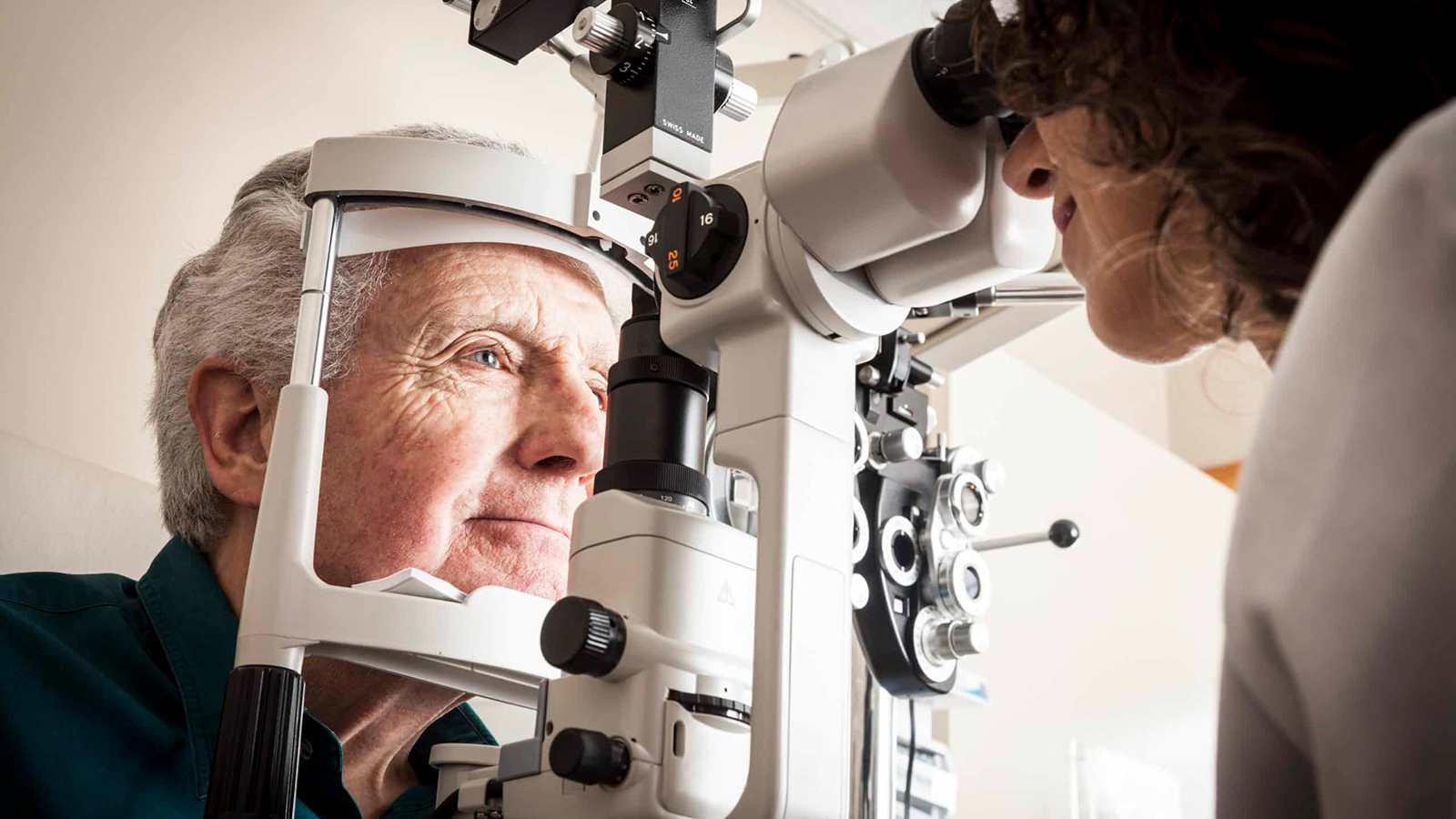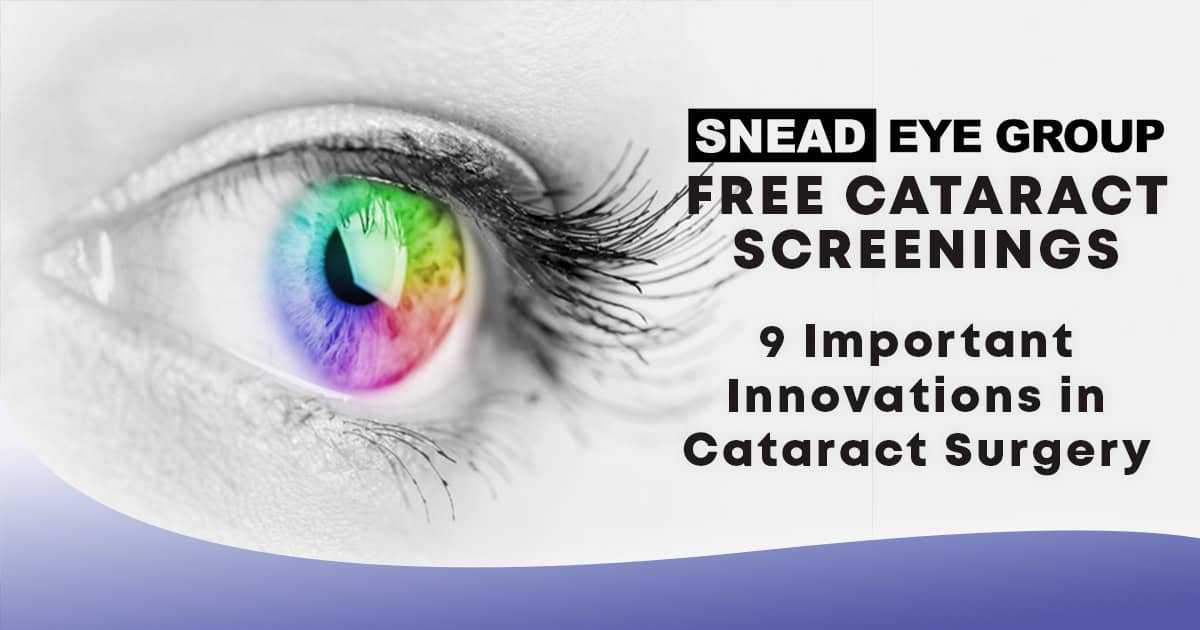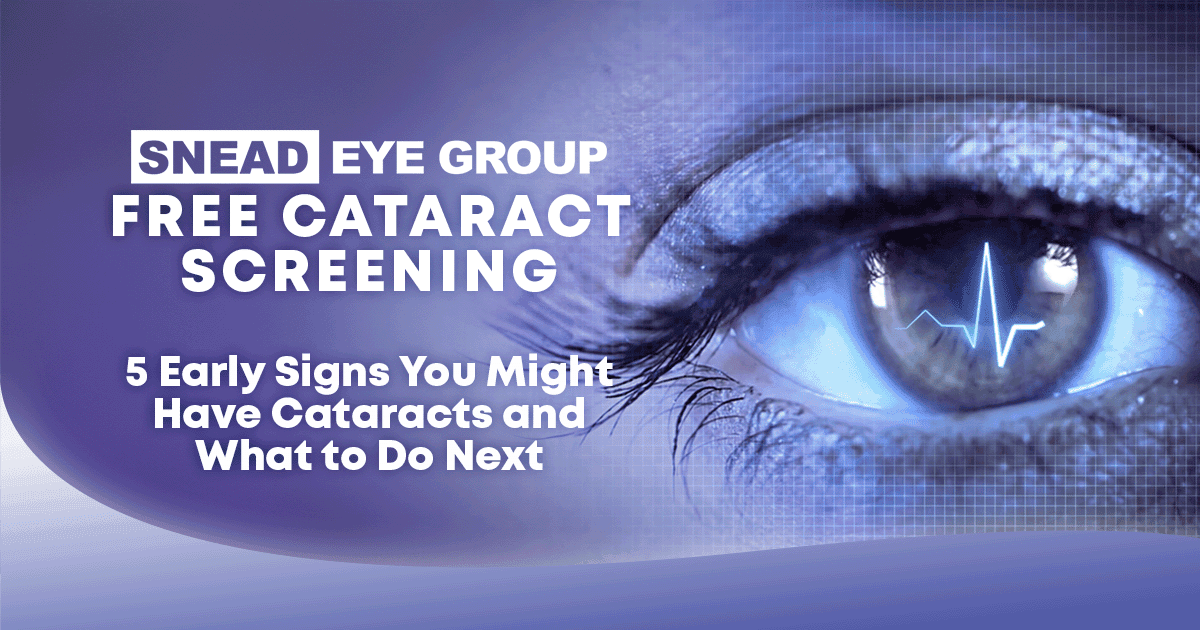How to Detect and Prevent Cataracts
Cataracts are a very common eye condition that mostly affects people in their 60s and older. In fact, according to the National Eye Institute, more than half of Americans will have cataracts (or surgery to correct them) by age 80. This age-related vision loss develops slowly but eventually interferes with your eyesight enough to require treatment, which is why early cataract detection is vital to your overall eye health.
What Are Cataracts?
A cataract is when the lens of your eye becomes cloudy or opaque. This clouding results from proteins clumping together and distorting light as it enters your eye.
Anyone can develop cataracts regardless of gender, race, or ethnicity. While this condition can appear in people of all ages, it’s usually the result of aging. There is also a genetic component, making you more likely to develop cataracts if someone in your family has them.
How Are Cataracts Detected?
Early cataract detection starts with visiting the professionals. Contact your eye doctor if you start noticing cataract symptoms. These include:
- Blurry vision
- Dull color vision and difficulty discerning colors
- Poor night vision
- Double vision
- Sensitivity to bright light
- Glare from the sun, headlights, and other light sources
- Frequently changing eyewear prescription
- Noticeably cloudy eyes
At your eye appointment, your optometrist will test for symptoms of cataracts and offer a diagnosis. Here are the methods used to detect cataracts:
- Ask questions about your medical history and what symptoms you’re experiencing
- Perform a visual acuity test to determine how well you see at different distances
- Conduct a visual field test to assess your peripheral vision
- Examine the lenses of your eyes to check for clouding and other signs of cataracts
How to Prevent Cataracts
Many risk factors for cataracts are out of your control, including your age and genetics. Still, you can do a few simple things to protect your eye health and lower the risk of cataracts later in life. Here are some cataract prevention tips your eye doctor may recommend:
- Quit smoking
- Avoid heavy alcohol consumption
- Wear protective goggles while playing sports, performing home repairs, working in the yard, or handling chemicals
- Wear sunglasses with UV protection
- Manage existing diabetes and hypertension
- Maintain a healthy weight to prevent chronic diseases
- Schedule routine eye exams





